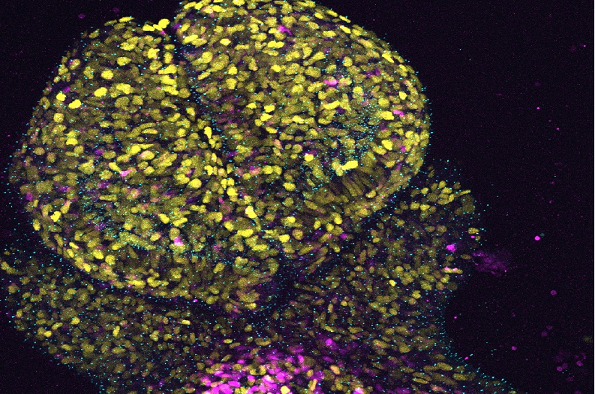
Cilia in Development and Disease: Dynamics, Diversity and Dogma
- Urszula McClurg
- Suitable for: Those interested in Genomes, Systems and Therapeutic Targeting
- Admission: Free
Add this event to my calendar
Click on "Create a calendar file" and your browser will download a .ics file for this event.
Microsoft Outlook: Download the file, double-click it to open it in Outlook, then click on "Save & Close" to save it to your calendar. If that doesn't work go into Outlook, click on the File tab, then on Open & Export, then Open Calendar. Select your .ics file then click on "Save & Close".
Google Calendar: download the file, then go into your calendar. On the left where it says "Other calendars" click on the arrow icon and then click on Import calendar. Click on Browse and select the .ics file, then click on Import.
Apple Calendar: The file may open automatically with an option to save it to your calendar. If not, download the file, then you can either drag it to Calendar or import the file by going to File >Import > Import and choosing the .ics file.
The Mill lab aims to understand genetic disease and disease mechanisms arising from dysfunction of mammalian cilia, termed the ciliopathies. While mammalian cilia are ubiquitous and highly conserved structures, the clinical features associated with cilia dysfunction are highly pleiotropic with varying degrees of severity and penetrance among tissues. The cellular and developmental basis to this phenotypic complexity is poorly understood and remains controversial. However, it is quite clear that not all cilia are created equal. In order to better understand the functional and structural diversity of the mammalian cilia repertoire, our strategy has been to engineer genetic tools to allow us to deeply molecularly phenotype cilia with organelle-resolution in vivo, using cutting-edge proteomics and imaging.
